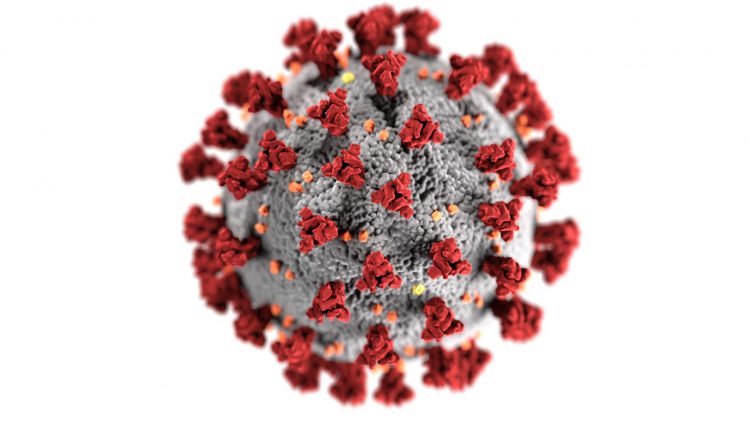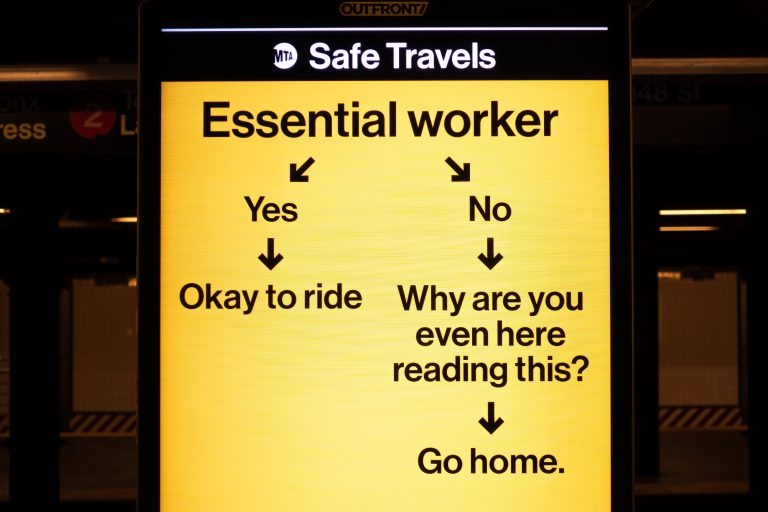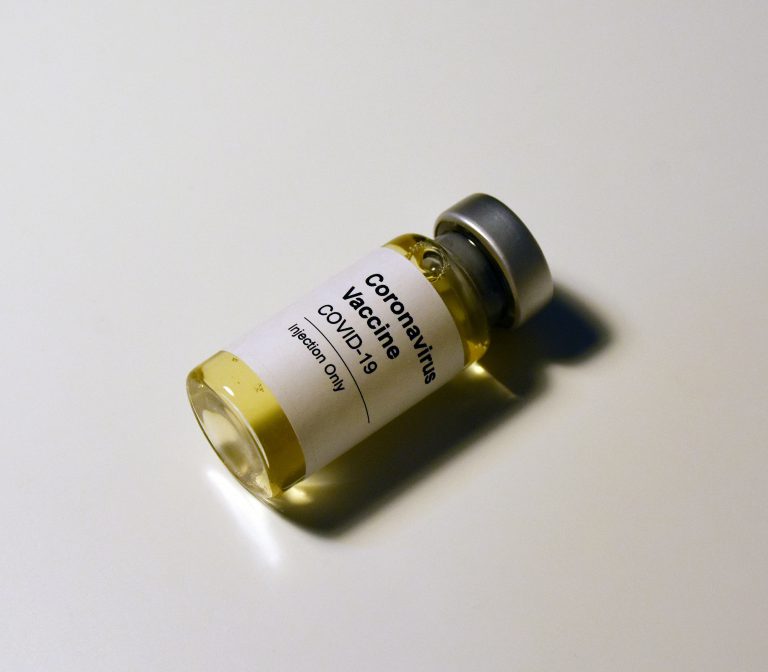With currently more than 200,000 confirmed cases of COVID-19 infection worldwide, the scientific, medical, and pharmaceutical communities are now joining in the global effort to fight the disease.
As with many crises, the first line of defense is accurate information. We will outline what the current situation is on the medical front to provide you with that knowledge.
Testing kits for proper diagnosis
COVID-19 testing kits are available and have been for several weeks. These work by collecting samples (usually blood or saliva) from patients and comparing those with the genetic material of the virus. If a match is confirmed, the patient is informed, placed into quarantine, and treated.
Results are typically available within 48 to 72 hours, but high-value individuals might be able to receive theirs in a shorter period of time. During this period, a person is advised to self-isolate until they have received clearance from authorities.
Testing kits are highly effective in identifying the disease, and newer kits with faster turnarounds are also being developed. However, the world is currently facing a shortage of these kits due to the understandably overwhelming demand.
Current treatment for COVID-19
When a patient is confirmed to be infected with Coronavirus, they first undergo a professional assessment to determine the best course for treatment.
For cases involving severe symptoms, the patient is immediately placed in hospital lockdown and will only be accessible to medical personnel. Family members are usually prohibited to see them. Less extreme cases may be treated at home, but quarantine measures will also need to be enforced.
There is currently no medication that effectively attacks the virus. Instead, a regimen of medication to alleviate symptoms and plenty of fluids to prevent dehydration is prescribed. If the patient is experiencing difficulty breathing, a respirator or other type of supplemental oxygen may also be administered.
Antivirals specific to Coronavirus are still being developed and tested, and it will likely take several years before they become available for mass-market consumption. Older drugs that are used to treat other diseases have shown promise as well, but again, these will need to undergo further investigation before they are deemed a viable and effective form of treatment.
Timeframe for a Coronavirus vaccine
It takes many years, sometimes decades, for a vaccine to be developed. In the case of COVID-19, however, the urgency it calls for means that the timeframe has been considerably condensed.
There are currently about 35 medical institutions in the world that are now working together to produce a vaccine. Human trials, which are normally reserved for the latter parts of vaccine testing, are now imminent. This is good news. However, there are hurdles that will still need to be overcome.
The vaccine must first be proven to be effective, which is a process that can take months. It must also be deemed safe and free of harmful side-effects, which might take even more. Finally, once it has been approved, it will have to be produced on a truly vast scale to meet the needs of every person at risk.
Conclusion
While there is indeed light at the end of this tunnel, we will need to brace ourselves in the meantime as we all fight for our survival. Stay at home, practice good hygiene, and stay up-to-date with the latest information.
Browse our site for other news on Coronavirus and the medical community.
















